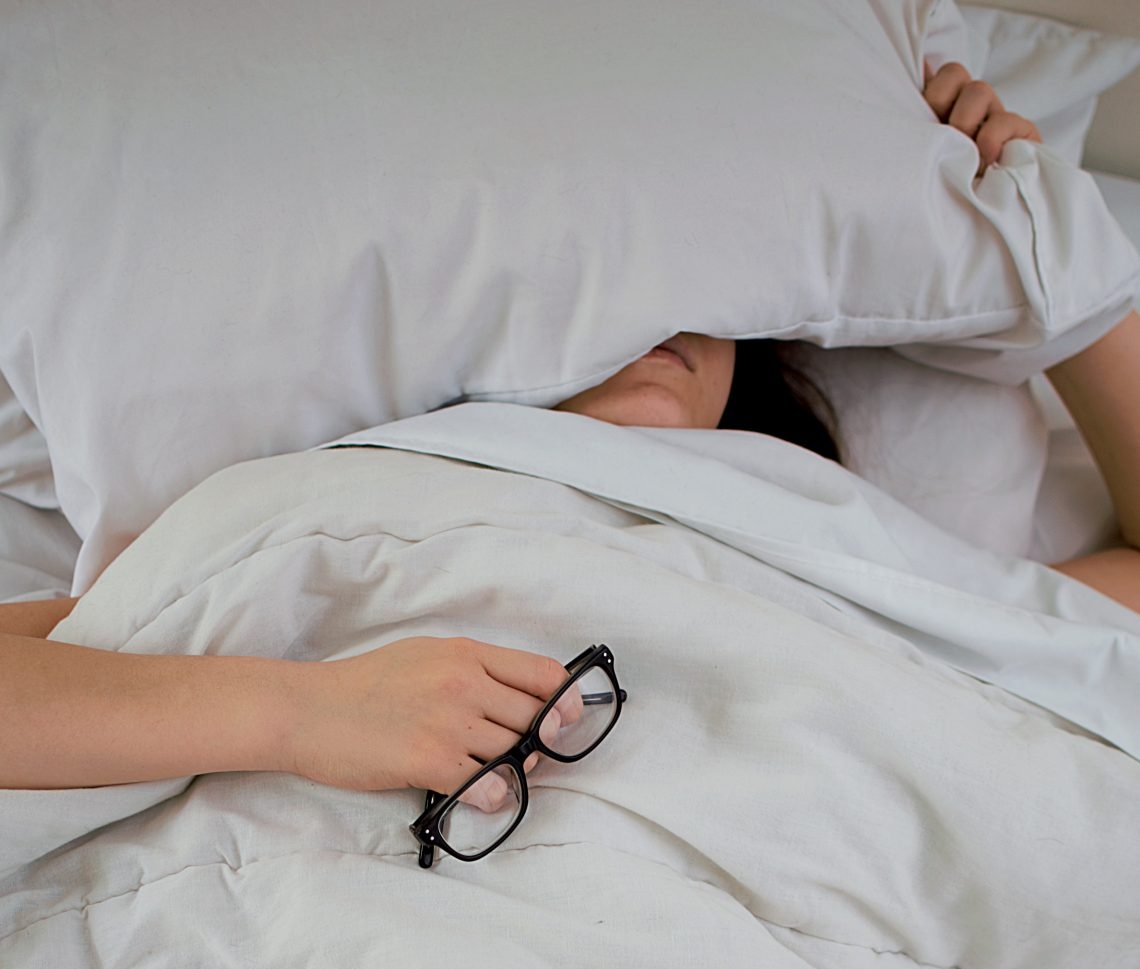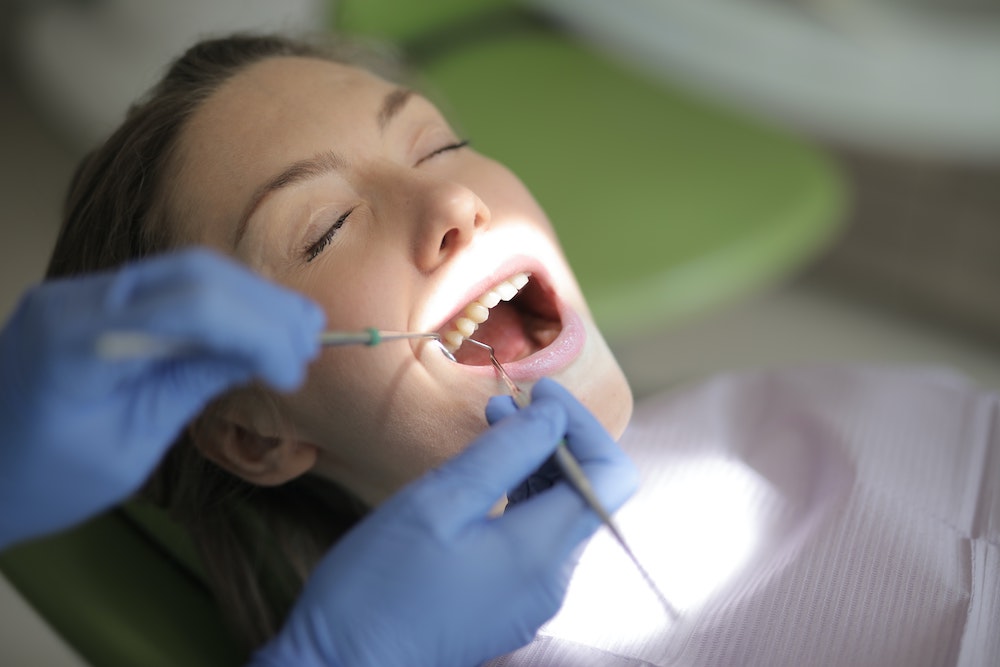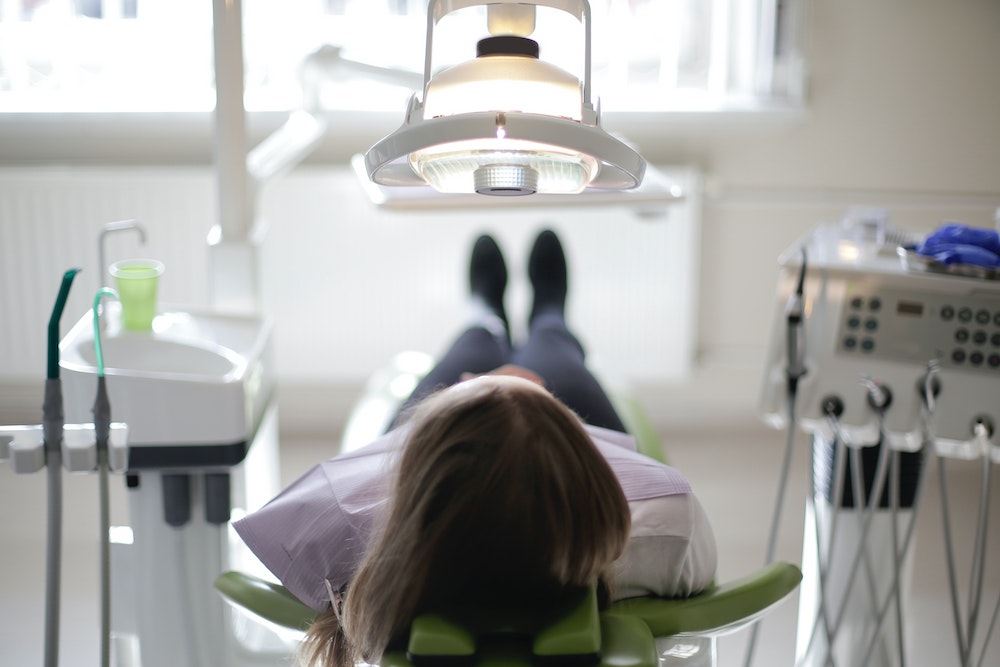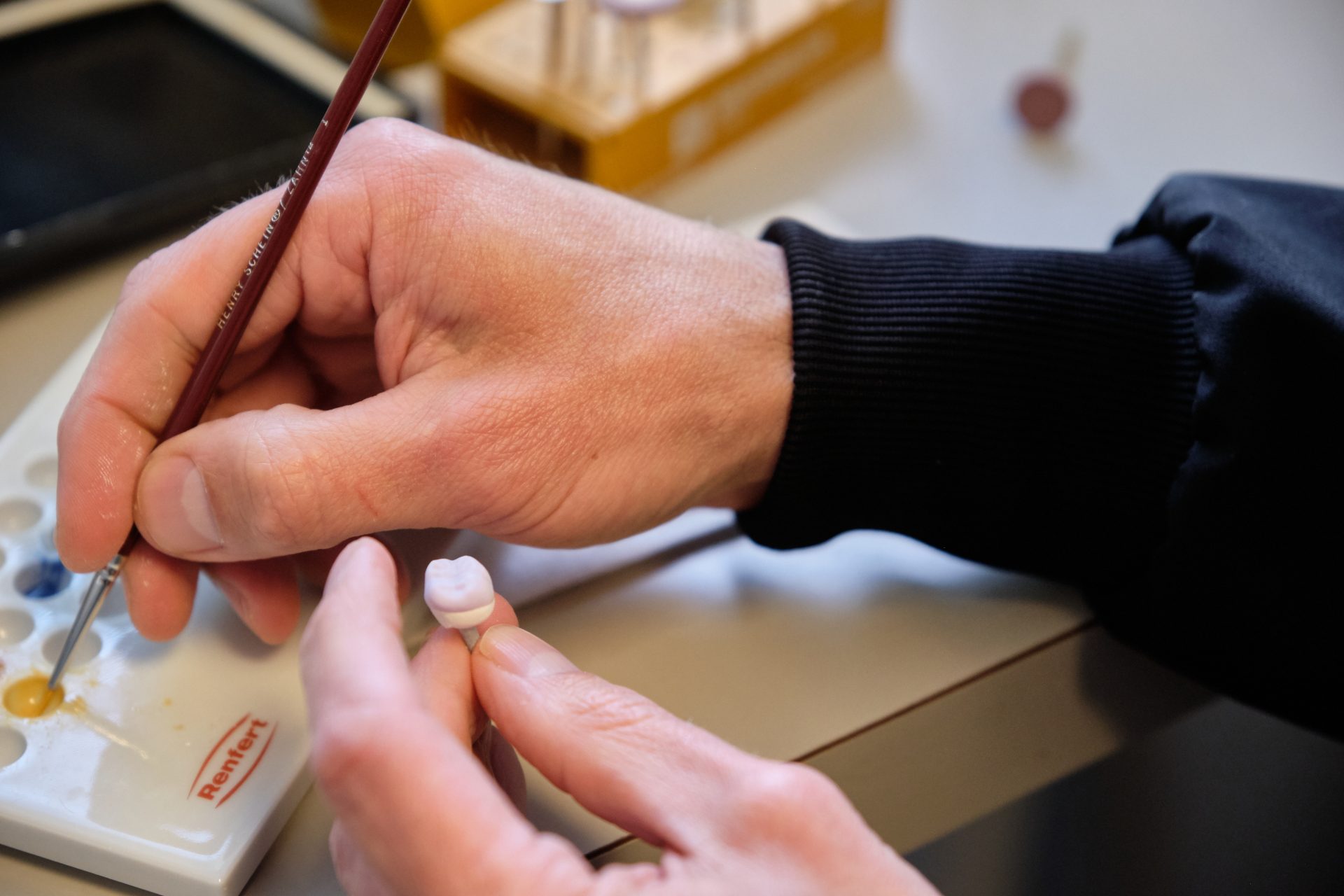
Did You Know Your Dentist Could be the Best Person to Provide a Sleep Disorder Diagnosis?
March 26, 2020
Why are my Gums Swollen and Bleeding?
May 4, 2020Every once in a while a panicked patient calls our office and asks – My crown fell off what should I do? Losing a crown is one of the most common dental emergencies. The good news is that your dentist can fix the issue. This guide offers real-world strategies on what to do if you lose a crown as well as a few preventative techniques to minimize the risk.
We are sharing this information simply so you have awareness of what to do if you or a family member lose a crown. This article is not a replacement for professional dental and medical advice.
My Crown Fell Off What Should I Do?
Many people get panic about – My crown fell off what should I do? First, it helps to understand some of the reasons why people lose their crowns.
Why a Crown May Fall Off?
There are many reasons why a crown may fall off. Some are unavoidable, while other reasons are less likely if you take certain precautions.
Everyone with dental crowns should be aware of some of the most common causes so they are able to make choices that help prevent crown loss. The most common issues include:
- The impact from an accident such as a fall, a sports injury or other accident
- Chewing hard or very “chewy” foods that may damage the crown or catch a loose crown.
- Tooth decay that changes how well the crown stays attached to the teeth.
- An incorrect or poor fitting crown that may pop off or come loose.
While understanding the reasons why crowns fall off helps with prevention, it doesn’t necessarily help when you are in the situation. Here are a few guidelines.
What to Do if You Lose a Crown
My crown fell off what should I do? First, remain calm! This is a common problem and your dentist has experience fixing it.
Carefully inspect the crown for signs of damage. Taking the time to do this will make it easier to share helpful information with your dentist.
If you accidentally swallowed the crown, contact a medical doctor through your primary health provider’s after hours or urgent care if you can’t reach someone in their office. If you must visit an emergency room. A doctor needs to check that swallowing the crown hasn’t caused another medical emergency.
As soon as you are able, call your dentist’s office to ask for an emergency appointment. If you reach someone, describe what happened and listen to any guidance you receive.
If you are calling after-hours or when your practice is closed, listen for an after-hours operator, leave a voicemail message if necessary. The sooner your dentist knows, the sooner your crown may be fixed.
In the absence of further instructions, gently rinse or clean the crown, be careful not to inflict additional damage since your dentist may want to inspect it to see what went wrong. Carefully store the crown to bring it to your appointment.
In the meantime, be very careful and gentle with your mouth and the tooth. Your tooth is very vulnerable without the crown to protect it. Be aware that you may experience increased sensitivity to temperature and texture. Avoid foods that are hard or have sharp edges as well as stretchy, chewy foods. Avoid chewing with that tooth to help reduce the risk of causing damage to the exposed tooth.
This is only a temporary situation. At your appointment, your dentist may put a temporary crown in to protect your tooth while you are waiting for a new crown. Here at Southview Dentistry, we often perform same-day crowns when appropriate. Ask your dentist whether that is an option.
Depending on why the crown fell out, you may need to be fitted for a brand new crown or there may be other issues the dentist needs to treat such as new tooth decay. Since situations vary, your dentist will respond to your individual set of circumstances.
Preventing Crown Loss From Happening
As mentioned, one of the most common reasons to lose a crown or filling is new tooth decay. Sometimes patients are surprised by this information, but the decay may alter the crown’s fit and result in it losing contact with the tooth.
Diligent attention to your oral hygiene may help keep prevent additional decay. Be sure to follow your dentist’s instructions in caring for your teeth, gums, and your crown. Usually, that involves gently brushing your teeth twice a day using a soft-bristled toothbrush and flossing daily. Your dental hygienist or dentist may advise you to alter your oral hygiene techniques to help maintain your crown as well as the health of your other teeth and gums.
Impact or injury are other causes of crown loss. Be careful to avoid chewing ice cubes, using your teeth as tools to open bottles, or eating unusually hard foods. These activities increase the risk of an impact-based crown loss.
Look for other ways to protect your teeth especially if you have crowns. For example, if you grind your teeth, be sure to wear a mouthguard to soften the impact while sleeping. Similarly, if you play sports involving flying objects (like racquetball) or the risk of contact (like rugby) wear any appropriate mouth protection. Be sure to discuss these activities with your dentist if such sports are part of your lifestyle.
Contact Your Dentist
We hope this post prepares you if you ever have to ask – My crown fell off what should I do? As mentioned, if this should happen to you your first step is to stay calm. Next, seek dental or medical attention.
If you didn’t swallow the crown, your first call would be your dentist’s office. However, if you swallowed the crown, also seek medical attention just to make sure the crown isn’t causing other harm.
It all starts with a good relationship with a skilled dentist. For more than a decade, Charlotte residents trusted their oral health to the pros at Southview Dentistry. We stay on top of best practices and techniques including same-day crowns. Contact us today if you are looking for a new dentist.




